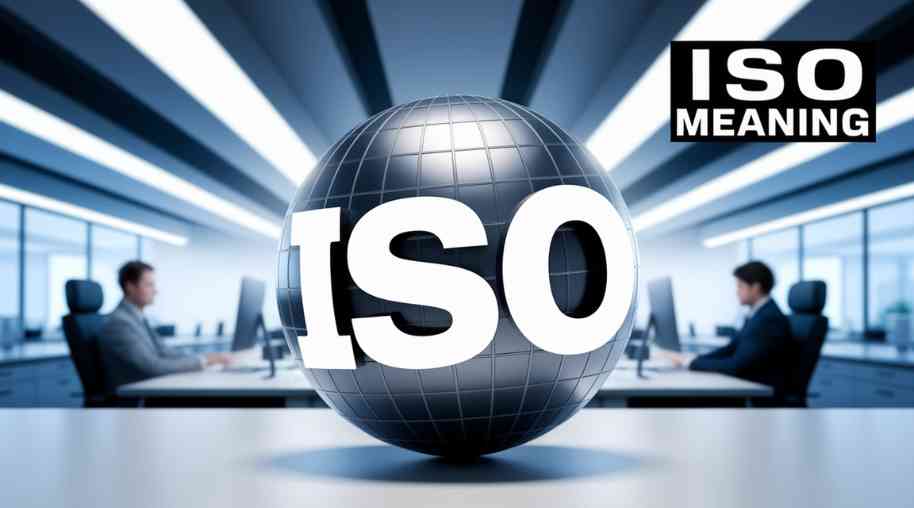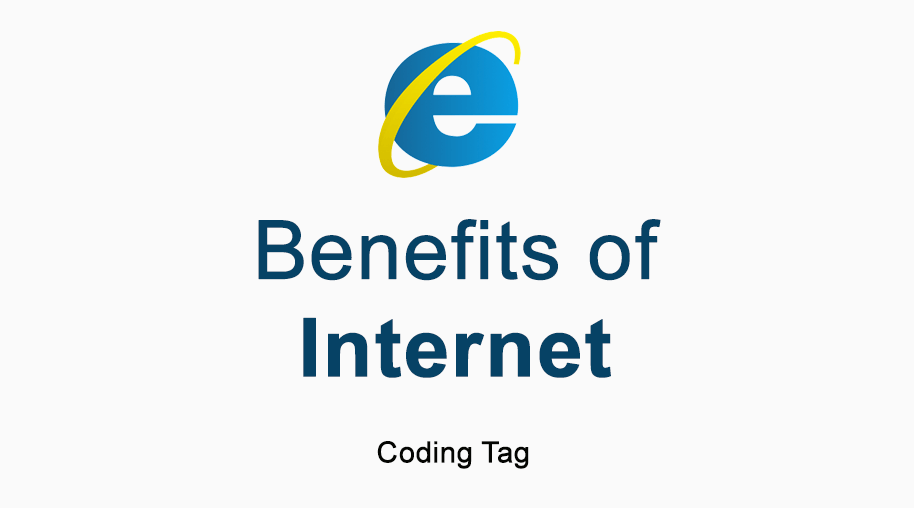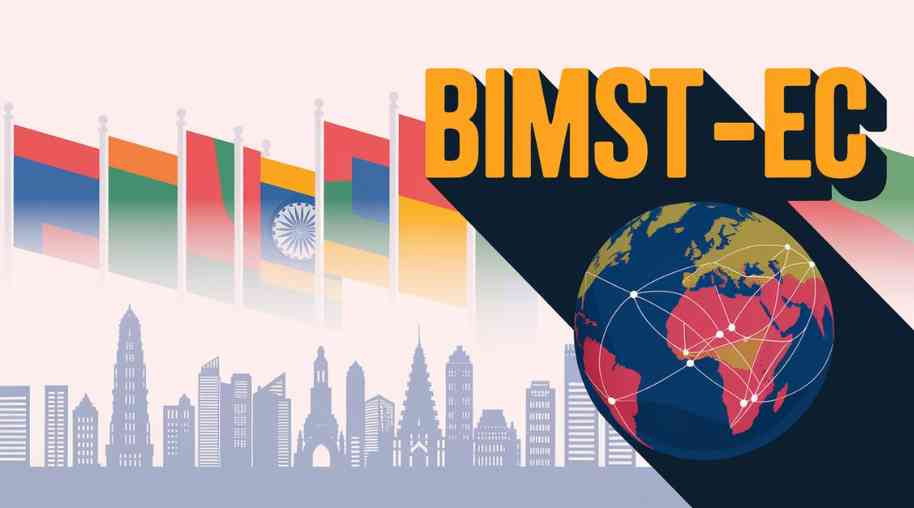ISO Full Form-International Standard Organisation
by Shashi Gaherwar
0 2118
International Standard Organisation (ISO): Ensuring Global Standards and Quality
Introduction
The International Standard Organisation (ISO) is a globally recognized entity responsible for developing and implementing international standards. It plays a crucial role in ensuring consistency, safety, and efficiency across various industries. ISO standards provide a framework that helps businesses, governments, and organizations maintain quality, enhance productivity, and improve customer satisfaction.

In this article, we will explore the importance, structure, key standards, and benefits of ISO certification, along with its impact on different industries.
What is the International Standard Organisation (ISO)?
The International Standard Organisation (ISO) is an independent, non-governmental organization that develops and publishes international standards to facilitate global trade, enhance operational efficiency, and improve product and service quality. Established in 1947 and headquartered in Geneva, Switzerland, ISO has published more than 24,000 standards across multiple sectors.
ISO operates through a network of national standardization bodies from over 160 countries, ensuring a collaborative approach to global standardization.
Key Functions of ISO
ISO plays a vital role in setting quality, safety, and efficiency benchmarks in various industries. The key functions of ISO include:
- Developing International Standards: Creating standards for industries such as manufacturing, healthcare, technology, and environmental management.
- Promoting Global Trade: Facilitating international business by ensuring compatibility and consistency in product and service standards.
- Enhancing Consumer Confidence: Providing customers with assurance regarding product safety, reliability, and efficiency.
- Encouraging Innovation: Establishing best practices that foster technological advancement and innovation.
- Ensuring Regulatory Compliance: Helping organizations meet legal and regulatory requirements through adherence to international standards.
Popular ISO Standards
ISO has developed numerous standards catering to different industries. Below are some of the most widely used ISO standards:
- ISO 9001 – Quality Management System (QMS): Focuses on quality assurance and continuous improvement. Ensures businesses meet customer expectations and regulatory requirements. Applied across industries like manufacturing, healthcare, and IT services.
- ISO 14001 – Environmental Management System (EMS): Helps organizations improve environmental performance and sustainability. Reduces waste and enhances compliance with environmental laws.
- ISO 27001 – Information Security Management System (ISMS): Establishes guidelines for protecting sensitive data and preventing cyber threats. Essential for banking, IT services, and healthcare.
- ISO 45001 – Occupational Health and Safety (OHS): Ensures workplace safety and reduces health risks. Develops effective health and safety management systems.
- ISO 22000 – Food Safety Management System: Ensures food safety and hygiene in the supply chain. Used by food manufacturers, restaurants, and catering services.
- ISO 50001 – Energy Management System (EnMS): Provides a framework for efficient energy use and cost savings. Reduces energy consumption and lowers carbon footprints.
- ISO 13485 – Medical Devices Quality Management: Establishes quality standards for medical device manufacturing. Ensures patient safety and regulatory adherence in healthcare.
Benefits of ISO Certification
ISO certification provides several advantages for businesses and organizations:
- Improved Quality and Efficiency: Establishes a structured approach to quality management and process improvement. Reduces errors and increases customer satisfaction.
- Global Recognition and Market Access: ISO-certified companies gain credibility and international recognition, easing expansion into global markets.
- Regulatory Compliance: Ensures compliance with international laws and industry regulations, reducing legal risks.
- Competitive Advantage: ISO certification helps businesses stand out in tenders, contracts, and partnerships by demonstrating quality and reliability.
- Environmental and Social Responsibility: Promotes sustainable practices and adherence to corporate social responsibility (CSR) policies.
- Enhanced Data Security: Standards like ISO 27001 protect sensitive information and reduce cybersecurity threats.
ISO Certification Process
Obtaining ISO certification involves a structured process to ensure organizations meet international standards. The certification process includes:
- Understanding Requirements: Identify relevant ISO standards based on business needs.
- Internal Preparation: Implement changes in processes, documentation, and policies to comply with ISO requirements.
- Internal Audit: Conduct an internal audit to assess compliance and identify areas for improvement.
- Certification Audit: Undergo an external audit by an ISO-accredited certification body.
- Certification and Continuous Improvement: Receive ISO certification upon successful audit and maintain compliance through regular reviews.
Challenges in Implementing ISO Standards
While ISO certification offers numerous benefits, some challenges include:
- Implementation Costs: Establishing ISO-compliant systems may require investment in training, resources, and audits.
- Complex Documentation: Managing ISO-related documentation can be time-consuming.
- Employee Resistance: Employees may resist adopting new procedures due to unfamiliarity with ISO standards.
- Ongoing Compliance Maintenance: Requires regular monitoring and audits to ensure continuous compliance.
The International Standard Organisation (ISO) plays a pivotal role in standardizing quality, safety, and efficiency across industries worldwide. From quality management and information security to environmental sustainability and workplace safety, ISO standards ensure global businesses adhere to best practices and regulatory frameworks.
Further Learning Resources
If you’re passionate about building a successful blogging website, check out this helpful guide at Coding Tag – How to Start a Successful Blog. It offers practical steps and expert tips to kickstart your blogging journey!
For dedicated UPSC exam preparation, we highly recommend visiting www.iasmania.com. It offers well-structured resources, current affairs, and subject-wise notes tailored specifically for aspirants. Start your journey today!

Share:









Comments
Waiting for your comments